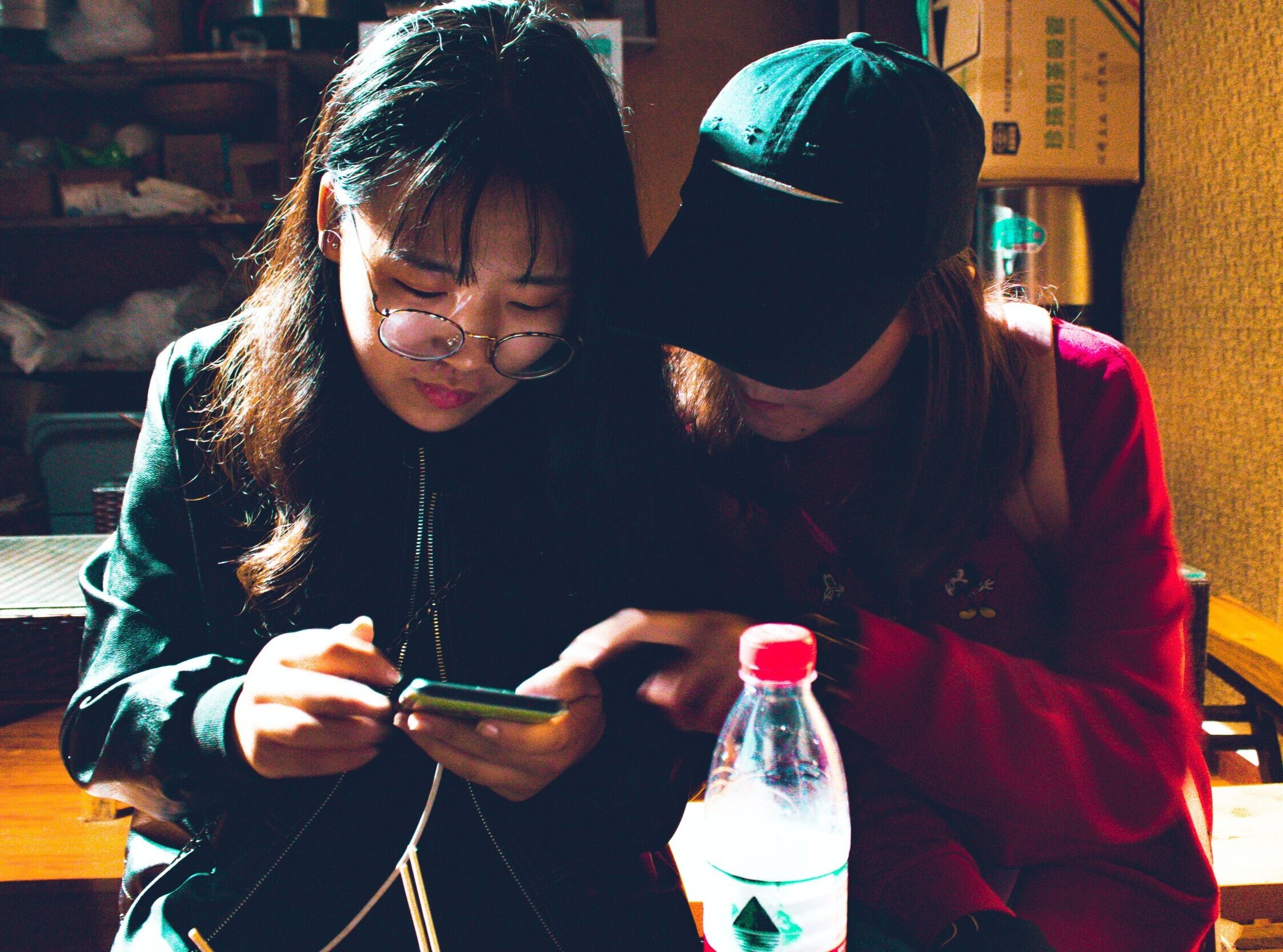Home > Discover > About China > Chinese Culture & Fun Facts > Chinese Culture
Chinese Culture
Today, over 1.4 billion people live in China. There are 56 officially recognized ethnic groups, with the Han making up an overwhelming majority (~91%).
Even still, within each of these ethnic groups, cultural distinctives such as language variances or unique customary practices color each corner of the country with remarkable variety.
From the rolling hills of the Longsheng Rice Terraces to the immense heights of Mount Everest to the sprawling, skyscraping metropolis of Beijing, China’s religious landscape is as diverse as its physical one.
Informed by Confucianism, Taoism, and then by Buddhism, China’s spiritual outlook is largely varied, overlapping even, and includes everything from folk religions to Islam, atheism to evangelical Christianity.
Dating back thousands of years, traditional Chinese culture is marked by a unique and deep respect for family. Much of Chinese culture is rooted in honor, with particular emphasis on reverence for parents and ancestors. It has long been common practice in China for someone to give up their seat on the bus for an elderly person.
Familial unity and generational respect are hallmarks of Chinese life, and it is common for elderly parents to live under the same roof as their grown children, making many homes tri-generational.
Mianzi
As China is principally a collectivist culture – as opposed to the individualism commonly found in western global regions – losing “face” (mianzi), is one of the worst outcomes of social engagement.
Losing face is tantamount to dishonoring oneself, causing those who lose face to lose social standing in a culture where fitting in is of utmost importance. As the Chinese idiom goes: Men can’t live without face; trees can’t live without bark.
Guanxi
As many Chinese are drawn to larger cities to find jobs with higher salaries and better opportunities to support their families, they often practice a specific feature of Chinese business culture called guanxi.
Best understood inside China’s culture of honor, guanxi is a favors-for-favors approach to mobility within a highly competitive professional climate.
Through guanxi, Chinese help each other by performing favors in an honor-based reciprocal system, with great shame coming from failing to return a favor.
Language
Speaking of idioms, chéngyǔ are four-character proverbs derived from ancient writings that are still commonly used to convey wisdom or tradition through short, compelling maxims. For example, 顺其自然, shùn qí zì rán, means to “let nature take its course.”
Sayings like these are part of a robust Chinese linguistic and literary landscape, as numerous languages and dialects are spoken throughout the country, of which Mandarin is the most common. Interestingly, Chinese is thought to be the oldest written language in the world.
Food
Nearly all aspects of Chinese culture are subject to regional differences, with food being no different. Broadly, however, Chinese culture is well defined by culinary commitment.
As Ma writes, “compared with other countries, Chinese people spend much more time on cooking, with an average of 2-3 hours every day.”
Food performs important functions in Chinese social relationships, with a significant example of this being the serving of expensive food and delicacies to guests as a sign of deep respect, honoring them by the host’s financial sacrifice.
Values
In order to avoid biasing the research by using Western values as their starting point—as has happened frequently in cross-cultural research—[the authors] approached a number of Chinese social scientists and asked them to prepare a list of at least ten ‘fundamental and basic values for Chinese people.’ This composite list appears in no particular order.
Filial piety
Tolerance of others
Humility
Observe rites & rituals
Kindness, compassion
Moderation: middle way
Sense of what is righteous
Benevolent authority
Steadiness & stability
Patriotism
Disinterestedness & purity
Patience
Industry (working hard)
Harmony with others
Loyalty to superiors
Reciprocate favors/gifts
Knowledge (education)
Solidarity with others
Self-cultivation
Cultural superiority
Adaptability
Prudence (carefulness)
Having a sense of shame
Close, intimate friendship
Respect for tradition
Chastity in women
Contentment w/ position
Having few desires
Relationship by status
Non-competitiveness
Resistance to corruption
Sincerity
Thrift
Persistence (perseverance)
Repayment of good and evil
Trustworthiness
Courtesy
Being conservative
Protecting your “face”
Chastity in women
Wealth
Note: the above is from the early 1980’s, and Chinese culture has evolved noticeably in some of these aspects since then, especially in younger generations. Nevertheless this remains a helpful guide to understanding root characteristics of Chinese “wenhua”, culture.
Source: Hu Wenzhong, Cornelius N. Grove, and Zhuang Enping (2010), Encountering the Chinese, Intercultural Press.
Culturally, the Chinese are people marked by strong convictions, often giving their all for a cause in which they believe. They are hard working, selfless, and exceptionally resourceful in their ability to find roundabout ways to accomplish difficult challenges.
Chinese culture is grounded in honor and steeped in a rich tradition. Even as areas of the country exist on the cutting edge of a robust and fast-paced global economy, this massive and densely populated country has a long, rich heritage that is still celebrated and infused into day-to-day life there.
It would take far too much time and text to adequately define and examine every aspect of its culture, but what is clear is that China’s exceedingly complex and fascinating social depth equals its beautiful and expansive geographic breadth.
PRAY
Pray that all Chinese would give thanks to the one true God of Heaven, their Creator, for beauty of their land and the many positive blessings of their heritage.
Pray that Chinese Christians would honor God above men and the standards of social and cultural expectations.
Pray that Chinese love of relationships around meals would grow into a culture of loving family relationships and hospitality, especially for the poor and outcast.
Pray that Atheists, Buddhists, Taoists, Confucianists, Animists and Muslims in China would come to know the personal real, and trans-cultural Father, through their Savior, the Lord Jesus Christ.










